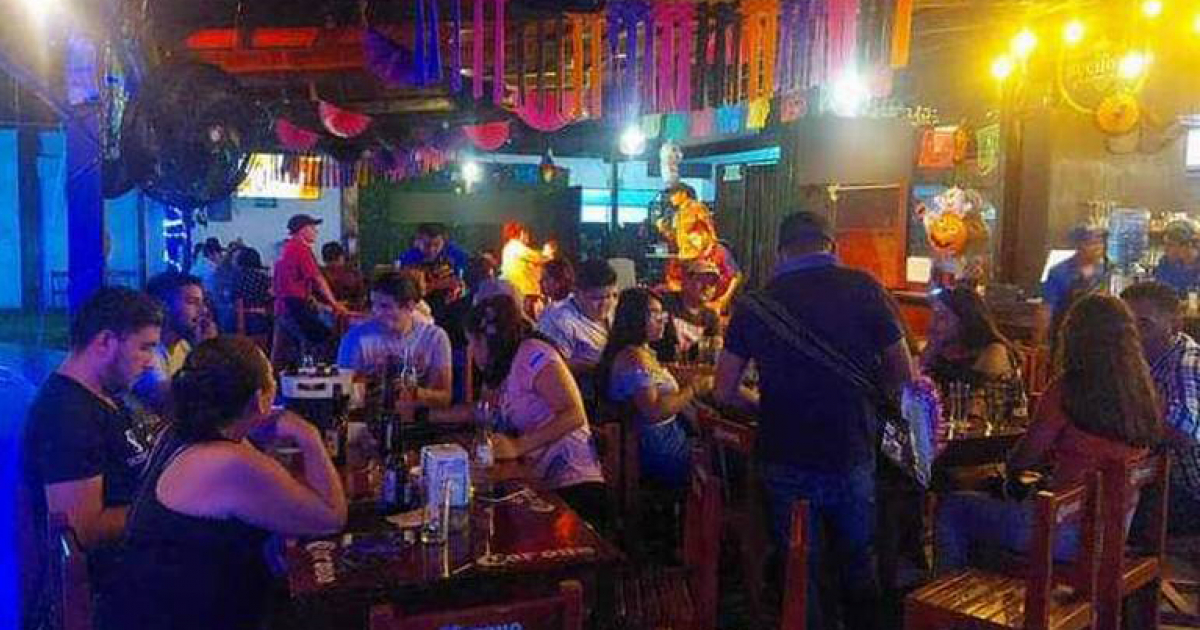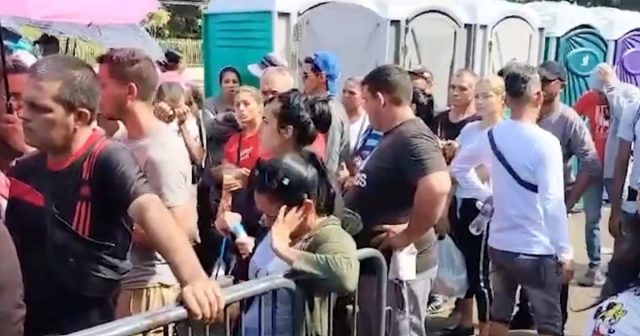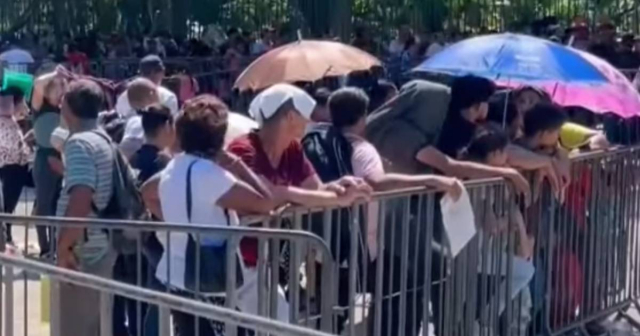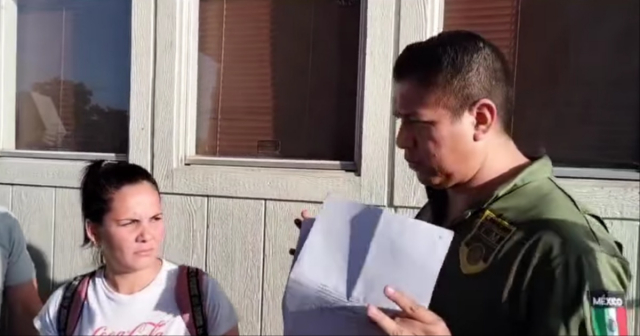
Cuban migrants have become the favorite workforce for bar owners on Mexico's southern border.
“Approximately 98% of those who have gone through this business to work are Cubans, we have had one or two Venezuelans, some who are already based are Hondurans. The migrants themselves are Cuban, we have tried to give them that opportunity with advice, including on migration,” Antonio Armas Hernández commented to EFE, director of the Marinero Men's Club, in Tapachula, who has been hiring Cubans for five years.
In August only about 150 people have come to work in this club, among them in the last week about 15 Cuban women.
“My goal is to get to the United States, I'm going to Texas and I want to work there because this job serves as a base for me, here we learn a lot, so (later) I can work there and help the family in Cuba and get them out of the country. I studied nursing and I left it,” says Valeria, a 30-year-old Cuban migrant who works as a commission agent at Marinero.
This job allows him to pay rent, food, services and his immigration procedures while he remains in Tapachula and also sends his family about 1,500 Mexican pesos (approximately $88) monthly.
Cuban migrants have a strong presence in the border city of Tapachula, in the state of Chiapas, southern Mexico.
At the beginning of August, for example, it was known that Cuban migrants They rescued a four-year-old Honduran boy who was forgotten by his motherat the Tapachula immigration station, on the southern border of Mexico.
The Cubans said that the minor was desperate and crying.
When they asked him if he was walking alone, he told them that his mother got on a bus and that he didn't know where she had gone.
Then the migrants handed him over to a municipal police booth, which made the arrangements for the competent authorities to protect the little boy.
In February, more than three thousand Cuban immigrants in TapachulaThey were waiting to receive their transit permit through the country to reach the southern border of the United States.
Despite the radical changes in US immigration policy in January, with the closure of the border for Cubans, Nicaraguans and Haitians, the flow of immigrants has not stopped in Mexico.
What do you think?
COMMENTFiled in:






